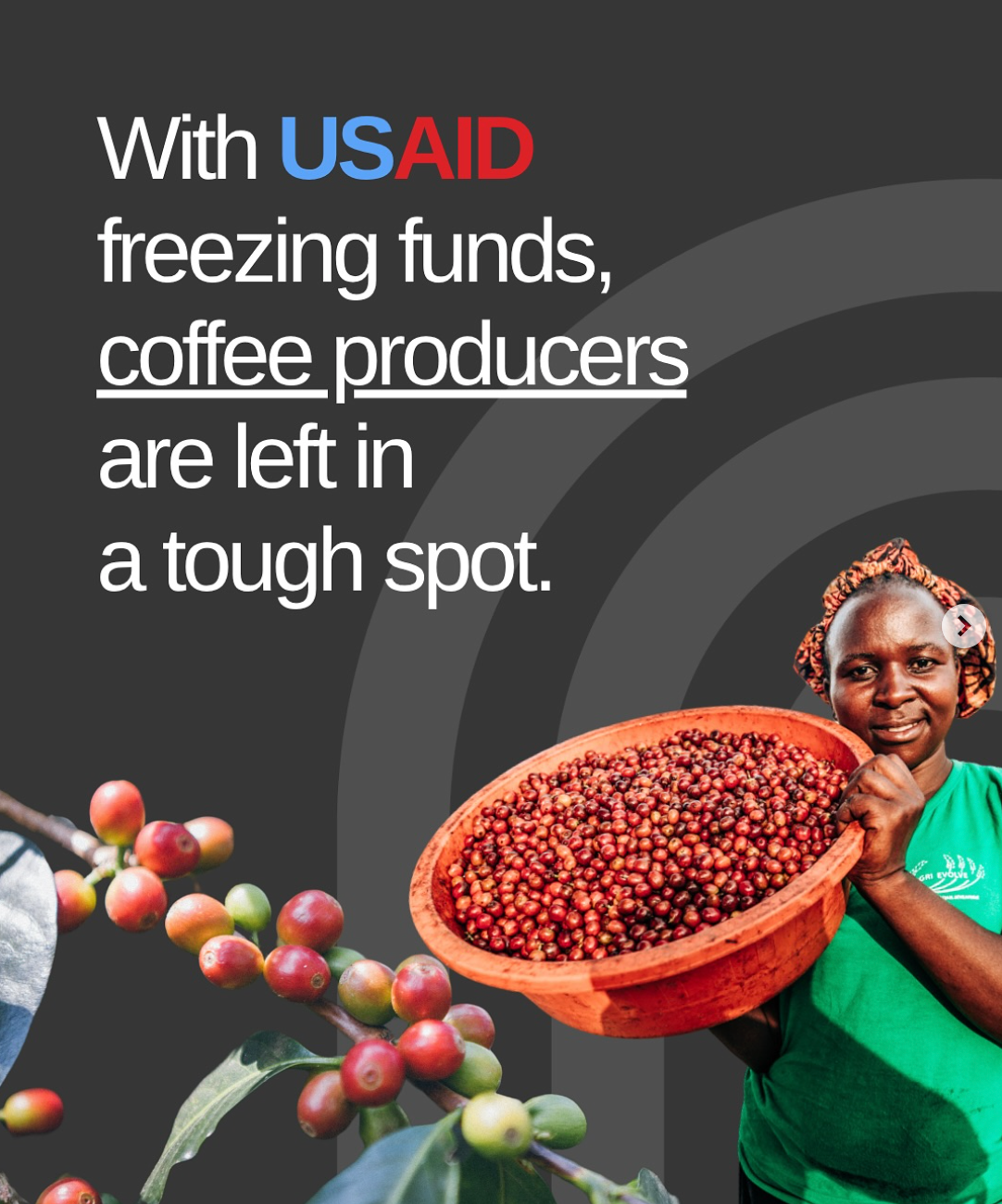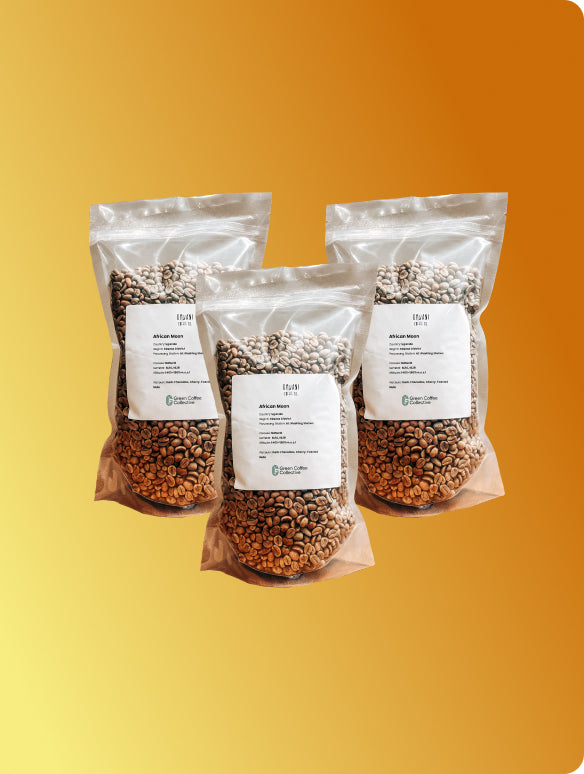With USAID freezing funds, producers are left in a tough spot

Table of Contents
Coffee is a deeply political crop. It’s used to build national identity, attract investment, and shape how countries engage on the world stage. For many producing nations, coffee is tied up with questions of sovereignty, diplomacy, and control. And while it’s often framed as a tool for development, it’s just as often a vehicle for influence - where access to aid or finance comes with strings attached.
That’s why the United States’ decision to freeze development aid to several coffee-producing countries matters. It’s not just about budgets or bureaucracy. It’s a shift in how power flows through the coffee trade. For decades, USAID funding has helped shape production systems across Latin America, Africa, and Asia - influencing how coffee is grown, processed, and sold.
Now, that support is being pulled - and the ripple effects could reshape the industry.
For decades, USAID (the United States Agency for International Development) has played a major role in the development of coffee-producing countries. It’s helped fund technical assistance, improve market access, offer financing, and drive research in regions that are often politically unstable and economically vulnerable.
Under Trump, however, that support is being frozen - and the ripple effects could be serious.
The consequences have already been devastating in some regions, with critical health and humanitarian programmes stalled. In the worst cases, lives have been lost. But here, we’re looking specifically at what this means for coffee - and how the industry may be forced to adapt.
While USAID has faced criticism for encouraging unsustainable intensification of coffee production, its more recent work has focused on helping producers adapt to climate change, boost profitability, and improve quality. In Ethiopia, USAID funding helped launch the 2020 Cup of Excellence, helping connect farmers to buyers. In Indonesia, it backed a $8.2 million project in 2023 for environmental sustainability, climate resiliency and market access among coffee and cocoa farmers. And in 2023, USAID and the global food business Ofi created an $8.1 million fund to invest in Peruvian coffee.
But the agency’s role goes far beyond coffee. In 2024, the USAID budget for Colombia totalled over $400 million - funding efforts across poverty reduction, peacebuilding, and environmental conservation. The sudden loss of that aid will hit hard, with knock-on effects for coffee farmers and their communities.
Already, producers are under pressure. Yields are down due to climate stress. Global coffee prices are up. A sudden funding vacuum could make an already precarious situation worse - not just for farmers, but for roasters, retailers, and consumers worldwide. These cuts could be a serious wake up call for the coffee industry.
But there’s a structural issue underneath all this.
Over time, aid like USAID’s has created cycles of dependency. Projects are often built around stabilising supply for US markets, rather than building producer autonomy. So when aid is suddenly pulled, the fragility of those systems becomes painfully clear. Instead of self-sustaining industries, we’re left with gaps - in infrastructure, financing, knowledge, and long-term planning.
As Chihombori-Quao put it, USAID is often seen as “a wolf in sheep’s clothing” - development on the surface, political influence underneath. Whether you agree or not, this moment forces producing countries to seek alternatives: local investment, private capital, or new models of trade. But that’s no small shift. Local financial systems are underdeveloped. Private firms are hesitant to invest without the safety net of foreign backing. And without the support needed to improve quality, many farmers may refocus on volume to survive - losing out on the premiums of the specialty market.
In the short term, the effects of the USAID freeze will be damaging. But in the long term, it may push the industry towards a more self-directed future - one where value chains are built locally, and the rules of trade aren’t written overseas.
